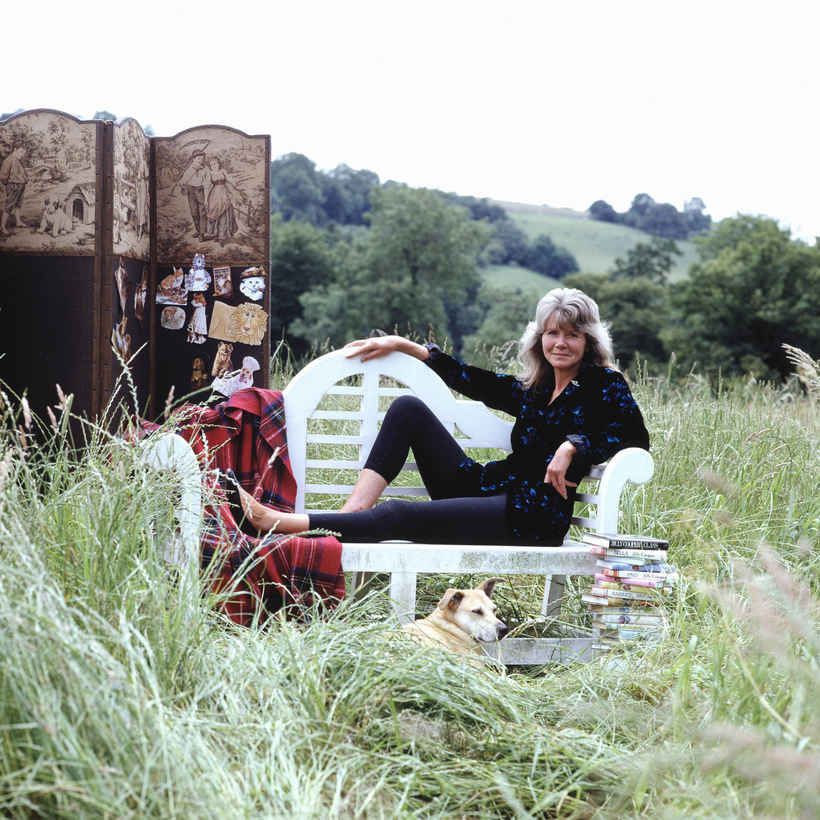Earlier this year, not long after Rivals was released on TV, I saw Jilly Cooper at a dinner. I told her how much I’d enjoyed the series, which was based on her Rutshire Chronicles novels, particularly the sex scenes.
She said, deadpan, “Does size really matter? Don’t women only orgasm through the clitoris?”
I burst out laughing and pleaded ignorance on the subject. She asked a nearby friend for his opinion. He said, “I’m not sure I’m sufficiently qualified,” and burst out laughing, too.
Later, when I hugged Jilly good night, she declared, “Oh my God, you’ve got a good body!” Not true, I can assure you.
But both comments go some way to explaining Jilly’s complex, unique character. She didn’t say those things to shock or titillate. She said them to amuse us and raise the level of our conversation.
Jilly, who died on Sunday after a fall at age 88, was an acute observer of the human race—thus the pin-sharp character sketches in her novels—and she knew my friend and I wouldn’t be offended. Her words were a conversational accelerant—away from banality, toward intimacy and fun.
Most writers are self-absorbed. They’re too self-obsessed to ask questions or be really interested in other people. Jilly couldn’t stop asking questions. When I interviewed her for her last book, Tackle! (2023), a romp through the soccer world, it was a battle to see who would ask the other more questions.

Rather than talking about the book, she was more interested in talking about sex—and, in particular, what a “bonus hole” is. After much etymological discussion, she declared—deadpan as always—“It must be something to do with golf.”
All these jokes and sex talk might suggest she was frivolous. Far from it. She was highly intelligent and well read, but put entertaining you ahead of self-absorbed intelligence signaling. When I asked about the long affair her husband, Leo Cooper, had, she turned misery into a funny line: “I went down to seven and a half stone. It’s a good diet.”
She couldn’t write—or say—a boring line. I asked where her writing gene came from, and she talked about her aunt Gwen, a poet, and her immortal words “I have raped the chambers of knowledge.”
Because Jilly had been a journalist—a reporter for the Middlesex Independent in 1957, at age 20, and later a star Sunday Times columnist—she liked journalists.

When I interviewed her at her medieval chantry, in Gloucestershire, she poured champagne down my throat and dried my clothes—soaking from the bike ride from the Stroud train station—and her chef laid out roast chicken for lunch.
Despite her intelligence and success—she sold 11 million copies in Britain alone—she didn’t have high self-regard and so she didn’t want to talk about herself. But she was fundamentally secure, so she didn’t require the tide of praise many writers—permanently two compliments down—demand.
Instead, the traffic of praise went in the opposite direction, toward others. On my desk, I have a pile of thank-you cards from her. She sent me one whenever she wrote an article for The Oldie, the magazine I edit. It should have been the other way around.
Jilly Cooper was born on February 21, 1937. She died on October 5, 2025, at age 88
Harry Mount is the editor of The Oldie


